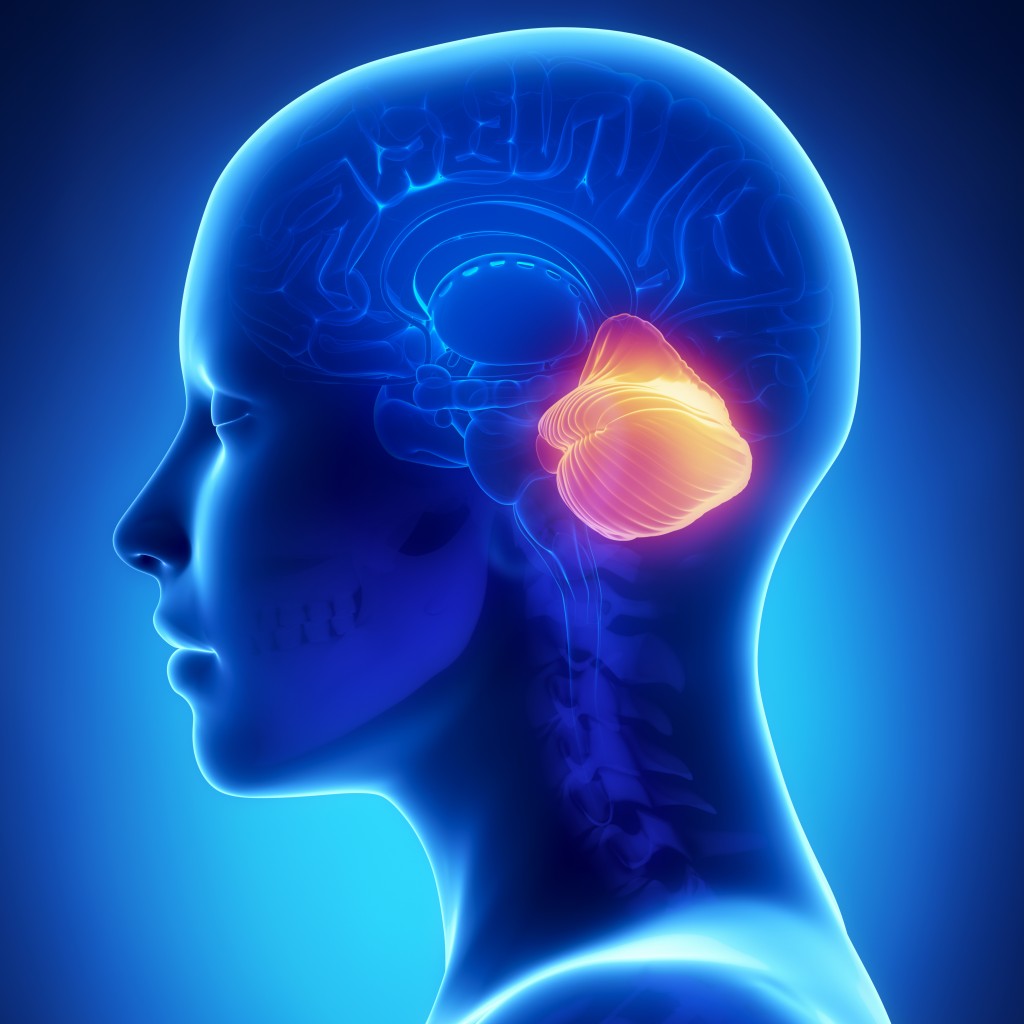
Epigenetics and the Cerebellum
Epigenetics refers to inheritable changes in gene expression. Meaning although there is a change in gene expression, the DNA sequence itself is unaltered. The changes may be due to other factors such as the availability of proteins necessary for gene expression, or the packaging of DNA to allow it to be exposed for expression. For the establishment of the neural circuits of the cerebellum, the part of our brain responsible for learning and executing complex movements, a team at Rockefeller University has found that epigenetics plays a key role.
The researched was focused on two crucial stages: (1) the birth of neurons and (2) the migration of immature neurons to form the layers that are a basic structural element of this part of the brain. Once the young neurons are in place, they send out branches, called dendrites, to connect to fibers from other parts of the brain, and establish ion channels, which make it possible for them to become electrically active.

How It was Done
The scientists used TRAP (translating ribosome affinity purification), a technique developed at Rockefeller, to map gene expression in specific types of neurons. It was applied to identify the genes expressed in granule cells, one of the two cell types that make up the cerebellum, in the mouse brain from birth through adulthood.
Another method was metagene analysis, a mathematical model developed at the Broad Institute of MIT and Harvard. This allows researchers to study large sets of genes and see changes in patterns that would be too difficult to interpret by looking at individual genes. It was found that all the pathways that control the remodeling of chromatin changed.
The researchers continued to study TET enzymes, which are known to make specific changes to chromatin that can switch on gene expression. When activated, these enzymes increase the expression of axon guidance and ion channel genes. The opposite occurred when the genes for the TET enzymes were shut down.